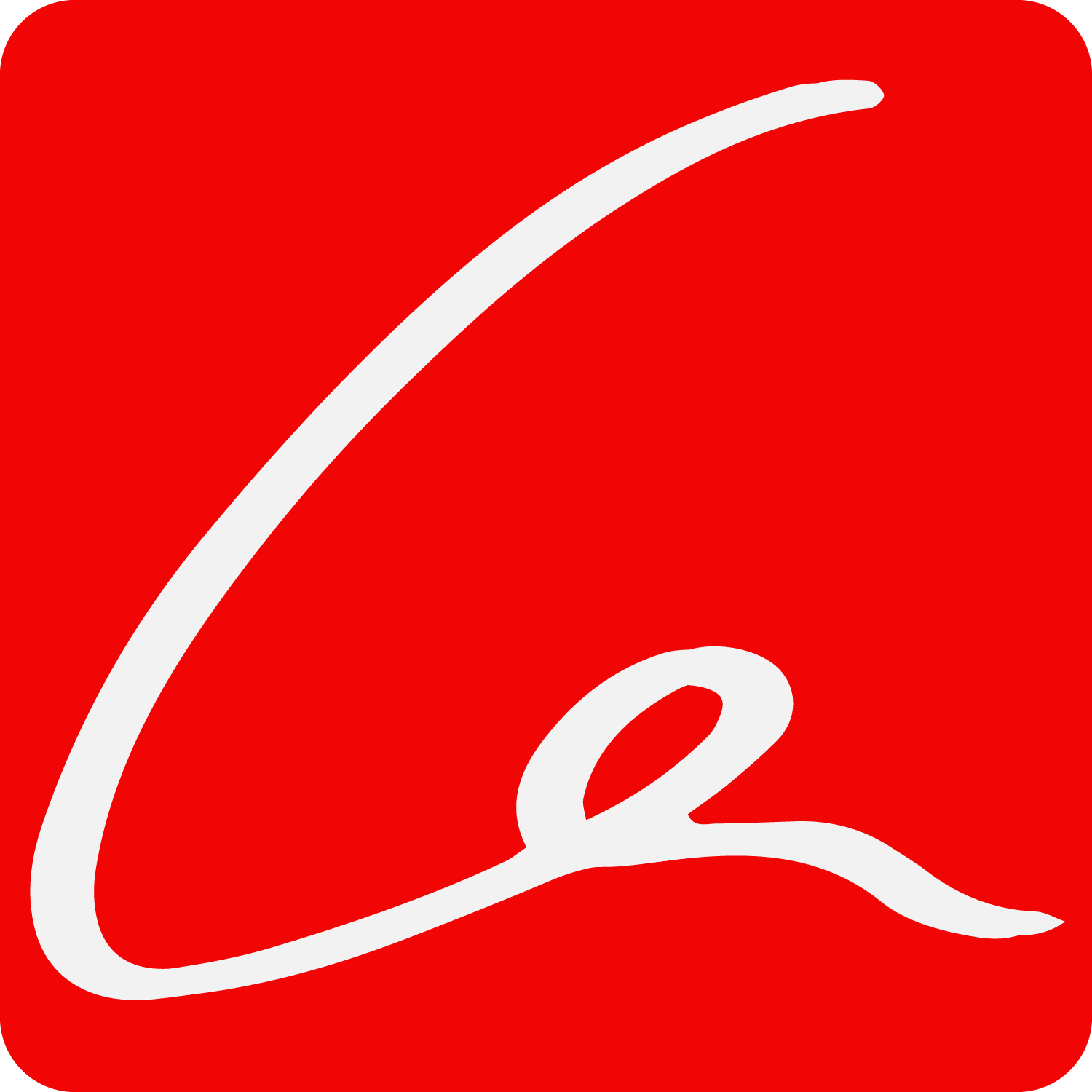An essential part of my tasks as Program Director for Frankfurt School’s Bachelor in Business Administration was developing the curriculum.
I worked together with faculty and liaised with external experts, such as employers, to ensure that the curriculum prepares our students in the best way possible for their future professional challenges. In addition to continuous improvements, I have designed and implemented various major strategic reforms. I also ran a large pilot project around leadership, innovation, and collaboration (“Creative Complexity”).
Introduction of English-taught programs
One of the first projects I tackled after joining Frankfurt School in 2011 was introducing program tracks entirely taught in English. We did this for two reasons: One, to grow internationally, and two, to satisfy a demand from many German students who wished to study in English. Thus, in 2012, we launched two English tracks or Concentrations: International Management and Banking and Finance.
In 2019, more than 30% of our BSc intake consisted of students of non-German nationality, and three-quarters of our classes were taught in English.
Reform of the Advanced Study Phase
In 2013 we overhauled the final year of the program, which we call the Advanced Study Phase. It consists mostly of electives. We liberalized the structure and made it more flexible to give students an ample choice and to allow us to include new topics more easily. From then on, students could choose from more than forty courses in four main thematic pillars. With very few exceptions, the Advanced Study Phase is entirely taught in English.
A new Basic Study Phase
In 2018 we changed the structure of the first four semesters, the Basic Study Phase. We strengthened the core curriculum, that is, the courses that are taught across all our Concentrations. We raised the number of courses from 12 to 14 and included important new content, such as a mandatory introduction to programming (Python) and critical thinking.
We also rearranged the course sequence. Instead of having the core curriculum run over the first four semesters alongside specialization courses, we put it at the beginning of the program, making the first year identical for all students.
This change simplified the program and had a significant advantage. Instead of choosing a Concentration when applying for entry to the program, students could henceforward spend two semesters at Frankfurt School to find out what they like.
We offered the core curriculum in a German and an English track. All specialization courses from the third semester onward were exclusively in English. Students selected one of these seven Concentrations:
- Banking and Finance
- International Management
- General Management
- Management, Philosophy, and Economics
- Marketing
- Digital Business
- Auditing and Consulting
Finally, we also introduced a new extracurricular Lab slot, where students can take language classes and some other things.

